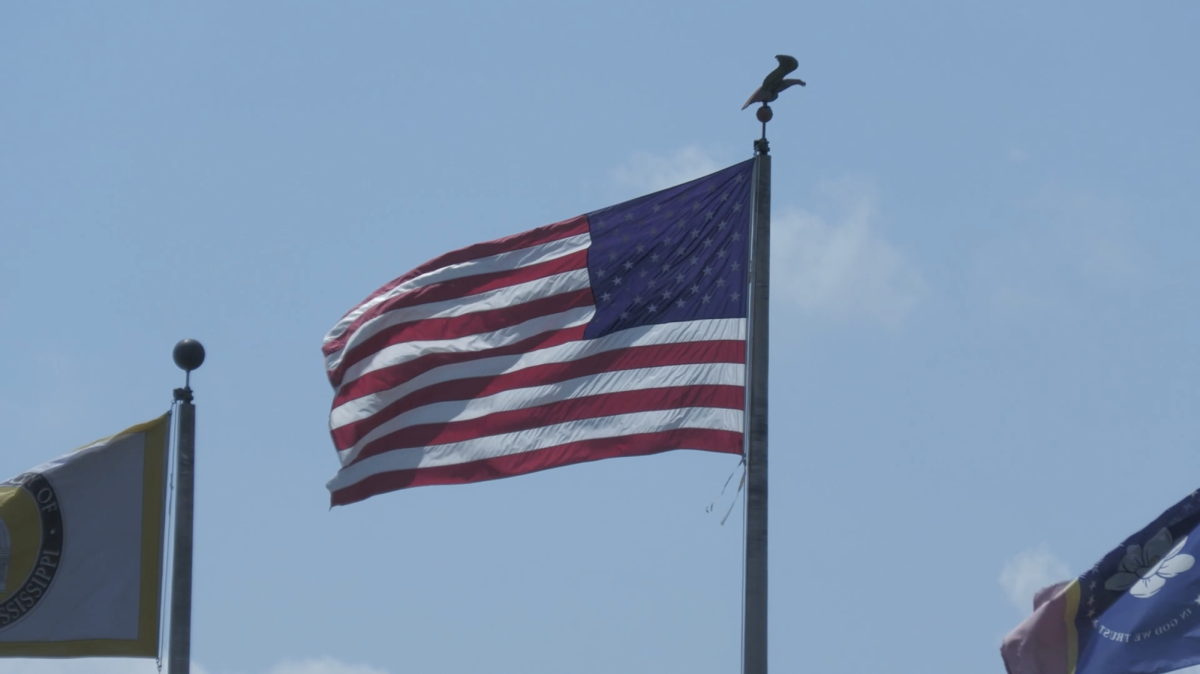The fight for same-sex marriage in the South pressed on after the 5th U.S. Circuit Court of Appeals held a hearing Jan. 9.
Mississippi, Louisiana and Texas presented cases before a three-judge panel in the federal appellate court in New Orleans.
Opponents asked the appeals court to withdraw rulings from Mississippi and Texas judges that would ban laws that prevent same-sex unions and to uphold a similar Louisiana law.
Mississippi argued the laws on marriage are rooted in tradition regarding procreation.
“It’s what traditional marriage was founded around,” said Justin Matheny, a lawyer for Mississippi. “It was the legitimate interest in the first place and it’s still the legitimate interest today.”
Matheny said the state may change one day, but should not be asked to yet.
“Those words: ‘Will Mississippi change its mind?’ have resonated in this hall before,” U.S. Circuit Judge Patrick Higginbotham said in response.
Higginbotham’s allusion to Mississippi’s role in the Civil Rights movement left Matheny in silence.
Roberta Kaplan, who paired with the Campaign for Southern Equality for the case in Mississippi, said the board has a proud tradition of pushing the South’s conservative community beyond its comfort zone with civil rights.
In the ‘60s, the court systematically struck down racial segregation laws.
“Times have blinded this country about African-Americans, times have blinded this country about women and times have blinded this country about gay people,” she said.
Kaplan, the attorney who in 2013 won a Supreme Court decision that struck down part of the U.S. Defense of Marriage Act, told the court that the statute in Mississippi causes thousands of gay people in the state to be treated as second-class citizens.
Kyle Duncan, an attorney from Washington and Louisiana’s special counsel, argued to preserve Louisiana’s lower court victory.
Duncan called same-sex marriage a “novel perception” in terms of recorded history and said Louisiana had a duty to protect its citizens from such unions that are risky and unproven.
“There are now 36 states and the District of Columbia that allow same-sex marriage and nothing has changed,” said Camilla Taylor, a Lambda Legal Defense Fund attorney representing seven couples challenging Louisiana’s ban.
Texas Solicitor General Jonathan Mitchell had feelings similar to Duncan.
“The people of Texas have the right to proceed with caution and see how this social experiment plays out,” he said.
Mitchell used Europe as a model of contrast, blaming its fertility rates on a general acceptance of same-sex unions there. Like Matheny, Mitchell said Texas has an “interest in encouraging couples to produce children.”
Joining Higginbotham and Graves on the panel was U.S. Circuit Judge Jerry Smith.
Higginbotham and Smith were appointed to the court by former President Ronald Reagan; Graves was appointed by President Barack Obama.
Graves and Higginbotham were said to frequently interrupt and challenge state arguments.
The judges heard arguments from all three states for more than three hours, ending without a ruling or any sign of one in the near future.
The hearing could be among the last federal appellate hearings before the Supreme Court decides the issue.
Same-sex marriage is now legal in 36 states and District of Columbia, but the docket for same-sex marriage shows no signs of slowing down.
The U.S. 8th Circuit Court of Appeals ruled South Dakota’s ban unconstitutional on Monday, becoming the first time the 8th Circuit weighed in on the issue since Supreme Court struck down the Defense of Marriage Act in 2013.
Four circuits have overturned discriminatory marriage bans while one — the 6th Circuit in Cincinnati — upheld such bans in Kentucky, Michigan, Ohio and Tennessee.
Other states still enforcing same-sex marriage bans are Alabama, Arkansas, Georgia, Missouri (except in Kansas City and St. Louis), Nebraska and North Dakota.




























